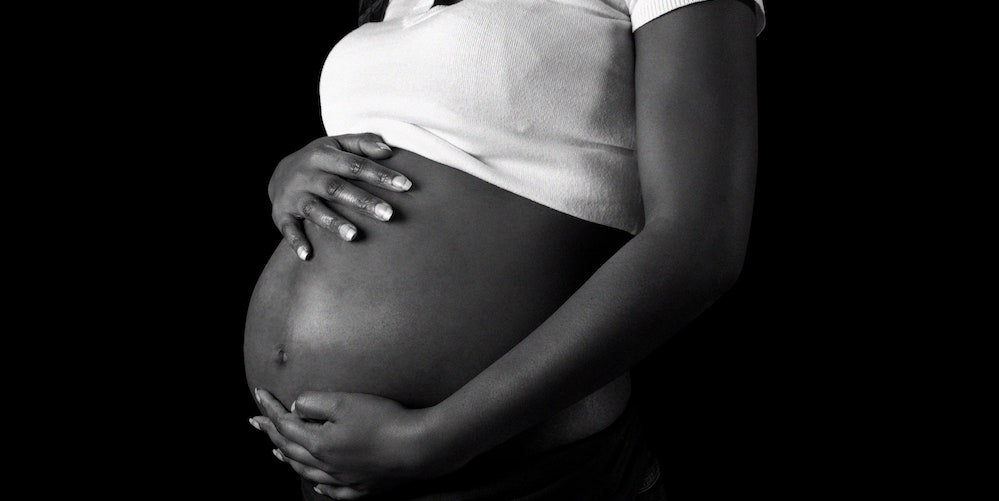A diaspora-based advocacy group, the Zimbabwe Human Rights Organisation (ZHRO), has petitioned the United Kingdom over alarming maternal mortality in Zimbabwe.
The petition, submitted on October 24, 2024, expressed deep concerns over Zimbabwe’s high maternal mortality rates and the overall state of healthcare for women and children under the Zanu PF led government.
The petition, addressed to the UK’s Minister for Africa and Prime Minister including the Foreign, Commonwealth and Development Office (FCDO), detailed alarming statistics and outlined the dire circumstances faced by Zimbabwean women and children.
The group criticised the Zimbabwean government’s failure to prioritise maternal and child health, describing the situation as “bordering on irresponsible and callous.”
“We find this aspect of the regime’s priorities more than alarming. Furthermore, and despite the ‘flowery language’ and UN Development Goals, Zimbabwe women, girls and children still remain at risk,” ZHRO said.
ZHRO highlighted grim health statistics in their petition, including the maternal mortality ratio of 462 deaths per 100 000 live births and a neonatal mortality rate of 24.3 per 1 000 live births in 2022, as reported by the World Bank.
Furthermore, they noted institutional maternal mortality rate rose from 107 per 100 000 live births in 2022 to 114 in 2023, while the perinatal mortality rate surged from 28.4 per 1 000 births to 35.6 during the same period.
In their petition, ZHRO included sentiments from opposition figures such as ZAPU President Sibangilizwe Nkomo who echoed these concerns, lamenting the toll of Zanu PF’s “misrule” on maternal and infant health.
Nkomo pointed to systemic issues such as underfunded health systems, insufficient human resources and reliance on external organisations for essential services.
“Without NGOs the bad conditions faced by mothers in Zimbabwe would be worse, with no end in sight,” stated the petition.
The petition accused the government of neglecting its responsibilities, citing its inadequate health budget, which has been below the 15% Abuja Declaration target.
ZHRO criticised the regime’s reliance on external agencies to implement and fund critical health interventions, calling this dependence a “dereliction of duty.”
In addition to maternal health concerns, the petition raised alarm over gender-based violence, child marriage, and malnutrition in Zimbabwe.
The group cited a World Bank report from April 2024, which revealed that 39.4% of Zimbabwean women had experienced physical violence, and 11.6% had faced sexual violence.
Child marriage remained prevalent, with 16.2% of women married before the age of 18 as of 2022.
The petition also highlighted Zimbabwe’s struggle with a “triple burden of malnutrition,” where 23.5% of children under five suffered from stunting, 38% of women were anemic, and 2.5% of children were overweight.
Poor dietary intake, cultural norms and insufficient nutrition services were cited as contributing factors.
The collapse of water and sanitation systems compounded these challenges, with only 62% of Zimbabweans having access to basic water services and just 35% to basic sanitation, according to the World Health Organisation (WHO) and UNICEF data.
ZHRO called for urgent international intervention to address these issues and proposed seconding Zimbabwean National Health Service (NHS) professionals in the UK to assist with training and policy implementation, conditional on Zimbabwe’s establishment of a “free and fair society.”
The petition emphasised the importance of holding the Zimbabwean government accountable for its human rights violations and its failure to provide basic services.
ZHRO also criticised the controversial Private Voluntary Organisations (PVO) Bill, which threatens to curtail the operations of NGOs that play a vital role in mitigating Zimbabwe’s health crisis.
In his response on December 11, 2024, UK’s Minister for Africa, Lord Collins acknowledged the challenges faced by Zimbabwe’s healthcare system.
He, however, commended the Zimbabwean government’s recently announced 2025 budget, which increased the health sector allocation from 9.8% to 13%.
“The UK supports Zimbabwe’s health system through its development programme, delivering essential sexual, reproductive, maternal, newborn, child and adolescent health and nutrition services that benefit 5.4 million women and children,” Lord Collins stated.
He highlighted the UK’s contributions to Zimbabwe’s health sector, including the Health Worker Investment Compact and technical partnerships between Zimbabwe’s Ministry of Health and the NHS.
“Through our bilateral programmes we are also supporting the Health Worker Investment Compact and the development of health technical partnerships between Zimbabwe’s Ministry of Health and the UK’s NHS, which cover a range of areas such as breast cancer care and surgery, leadership, mental health, and maternal and child health,” Lord Collins said.
While ZHRO welcomed the UK government’s response, they said more needs to be done to address the root causes of Zimbabwe’s healthcare crisis, reiterating their call for international pressure on the Zimbabwean government to prioritise maternal and child health and to create an environment where NGOs can operate freely.

